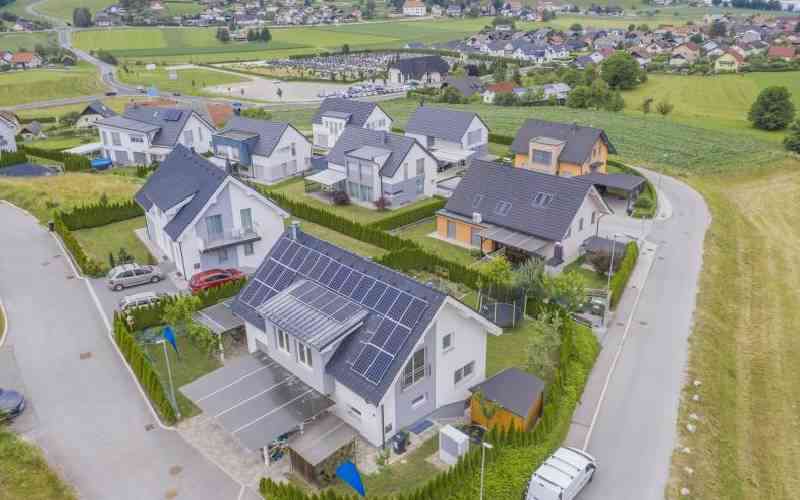×
The Standard e-Paper
Join Thousands Daily

Africa is, in many ways, at the sharp end of the global climate challenge. African nations are among the most affected by rising temperatures and increasingly irregular weather patterns.
At the same time, amid global economic slowdown, they are faced with heavy decarbonisation requirements and ambitions to accelerate energy access.